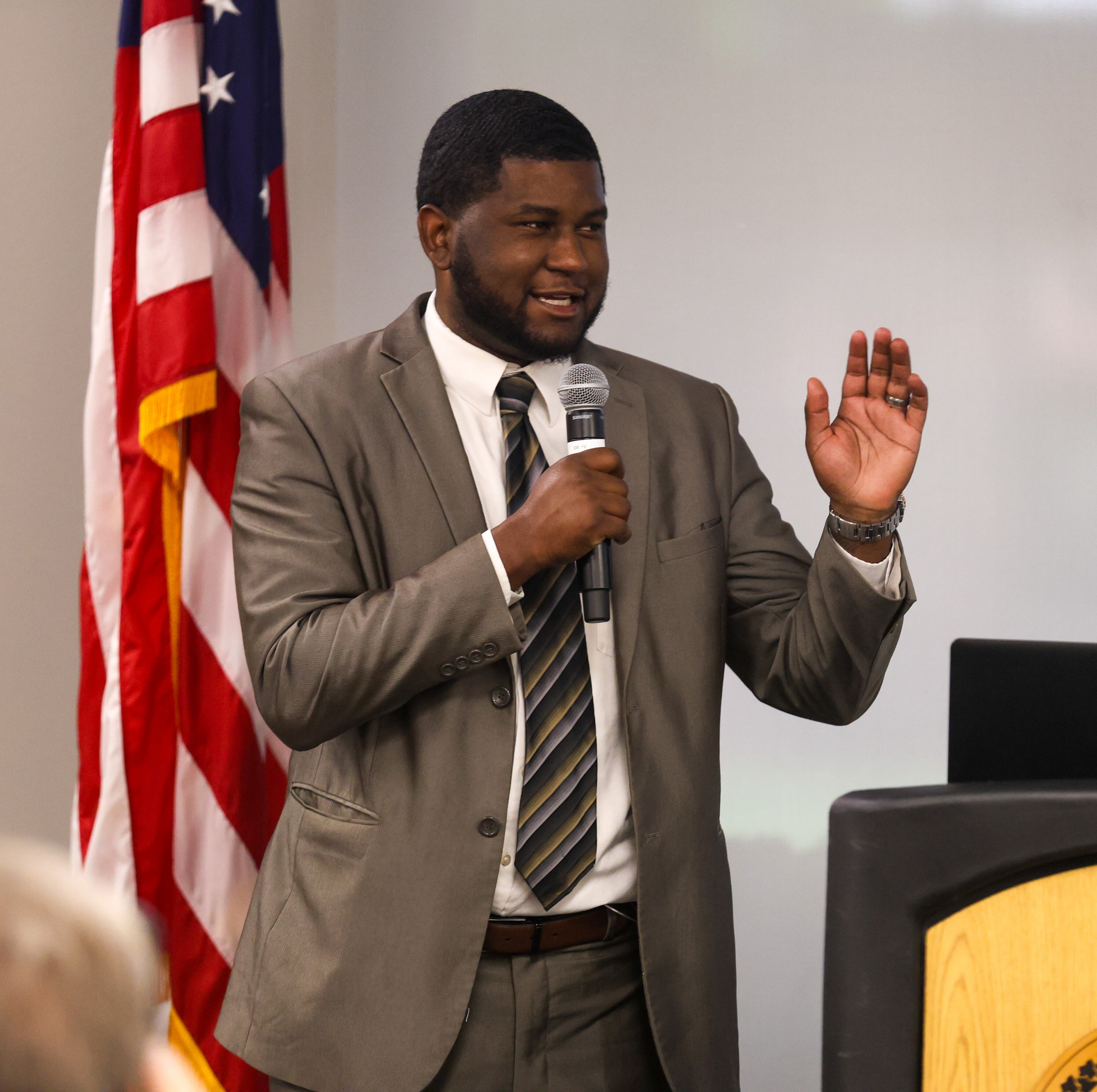
The average college graduate has more than $30,000 in student loan debt. This can feel like an overwhelming sum. Nevertheless, it’s small compared to your potential earnings. College degree holders had median weekly earnings of $1,248 in 2019, compared to just $746 for high school graduates and $833 for those who attend but do not graduate college. In just a year or two, your additional earnings may greatly exceed the amount of your debt.
Despite this, you may want to explore options to help you reduce your debt. Student loan forgiveness is when your student loan debt is eliminated. Certain career choices may increase the likelihood of student loan forgiveness. Here’s what you need to know as you weigh your financial aid options and consider your budget.
What is student loan forgiveness?
Student loan forgiveness means that you do not have to pay the remaining balance on the amount you initially borrowed to fund your education. It can apply to all of your loans, or only to a single loan, so it is important to have a clear understanding of the distribution of your loans before getting started. For example, a person who gets loan forgiveness for a small Perkins loan may still have to continue paying a much larger loan from a private bank.
When your student loan is forgiven, you no longer have to pay toward the balance, and your credit report will reflect that the loan balance is zero. Student loan forgiveness does not mean that:
- You will get a refund on any balance you have already paid.
- Any missed payments or defaults will be removed from your credit report.
- All student loans are forgiven. Student loan forgiveness may only apply to certain loans.
Benefits of student loan forgiveness
The obvious benefit of student loan forgiveness is that it can free up space in your budget. The average student loan borrower pays between $200 and $300 per month. If you’re trying to pay down your loan quickly or you have significant loans, though, you could pay much more. Without a student loan eating into your budget, you may be able to save more money or simply enjoy the fruits of your educational and occupational labors. Some other benefits of student loan forgiveness include:
- More financial certainty. You don’t have to worry about coming up with loan payments each month.
- Credit improvements. Your credit score is partially based on your debt load. If the amount of your debt goes down, your credit may improve.
- Room to pay down other debts. If you have other debts—either in the form of credit cards or unforgiven student loans—you can redirect your student loan payments toward these expenses, helping you gain a better financial position faster.
Types of student loan forgiveness
In most cases, student loan forgiveness depends on your occupation. The government forgives loans for people who perform significant public service, though you may also have to meet some additional criteria. Some types of public service that may apply include:
- Public service loan forgiveness: Available for Direct Loans, this type of forgiveness applies if you fill certain public service jobs for a set period of time, usually 120 months. To qualify, you must work for certain nonprofits, for the U.S. government, for a tribal organization, or for a state or local government.
- Teacher loan forgiveness: Available for Direct and FFEL Loans, this program forgives loans for teachers who work in certain low-income school districts for five consecutive years.
- AmeriCorps: Certain AmeriCorps participants may be able to receive an award to repay the full balance of their student loans.
- Military service: Military service will not make you eligible for student loan forgiveness. However, you may be entitled to other tuition assistance programs that can eliminate or reduce the need to rely on loans.
In certain other circumstances, you may also receive student loan forgiveness. These scenarios include:
- Closed school discharge: If your school closes while you are enrolled, your student loans may be discharged, which means you do not have to pay them.
- Total and permanent disability discharge: Your student loans may be discharged if you are permanently and totally disabled, but you must go through the application process.
- Certain payment arrangements: If you make a payment arrangement with the government, it may forgive your loan after you make a predetermined number of timely payments.
- Other scenarios: Very rarely, you may be able to discharge your loans in other scenarios, such as by filing for bankruptcy, showing that your school violated the law, or proving that your loans were obtained under duress. You should seek legal advice before proceeding with these options.
Things you can do in college to improve your chances of loan forgiveness
The jobs that offer a path to student loan forgiveness tend to be competitive. There is no guarantee of landing such a job, so it’s important for you to only take out loans that you know you can afford to repay. A number of strategies in college may improve your chances of eventually getting a job that offers loan forgiveness:
- Choose a major that offers a clear path to a good job. An education degree is often the first step toward becoming a teacher. Would-be lawyers should focus on degree programs that prepare them for the rigors of the LSAT and law school.
- Get excellent grades. Good grades can make you a more competitive job candidate. Your good grades are also evidence that you have mastered the skills you need to succeed in your job.
- Begin networking in school. Internships in related roles may help you make meaningful professional connections. Get to know your classmates, too, because they may eventually become your colleagues. SNU’s innovative cohort model helps you build your professional network from day one.
Things you can do after college to get your loan forgiven
Student loan forgiveness is not automatic. You cannot assume, for example, that merely being disabled means you do not have to pay your loans or that if you stop paying, you can use your public service work as a defense. For each student loan forgiveness option, there is a clear and specific process that you must go through. Often this begins with getting specific paperwork from your employer.
For help initiating the process of student loan forgiveness, contact your loan servicer. SNU’s financial aid office can help you find your loan servicer and offer additional advice about which student loans may be forgiven.
Other strategies for managing student loans
Loan cancellation is not the only option for managing high student-loan payments. Your loan servicer may offer reduced monthly payments, income-based repayment plans, or deferrals, which allow you to delay payments for a set time. In some cases, refinancing your loans may help by rolling your loans into a single payment, reducing monthly payments, or lowering the interest rate. It is always better to work with the lender instead of missing payments, so if you are struggling to pay your bills, contact your student loan servicer now.
Why choosing the right school matters
Earning your degree from the right school prepares you for a competitive job market and offers the support you need to succeed. SNU offers flexible schedules so you can attend school when it’s convenient to you, comprehensive financial aid assistance, and a commitment to graduating students who are ready to work.
If you need to earn more money now, sometimes the only thing standing between you and a raise is the willingness to ask. To learn more, check out our infographic, How to Ask Your Boss for a Raise.







![[Infographic] Asking for a raise is easier said than done. Here’s how to confidently approach the conversation and get the outcome you want.](https://no-cache.hubspot.com/cta/default/4306748/cd2f4340-39d5-457a-9eb3-0ee15b7c1499.png)




